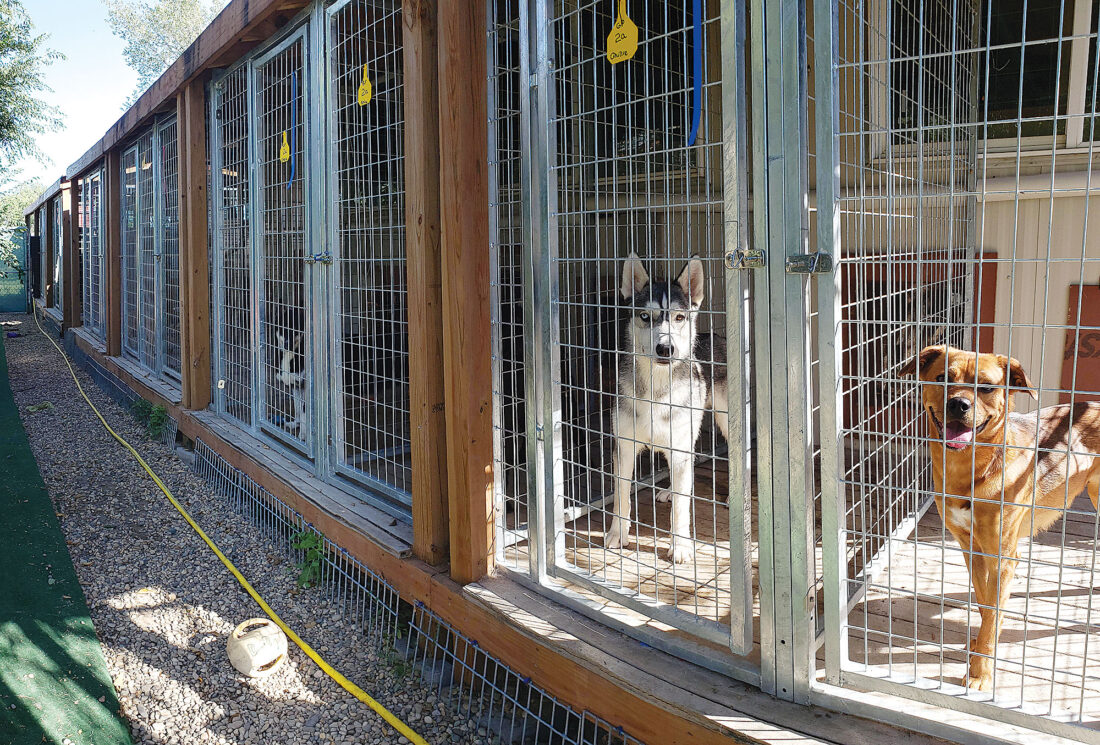Non-profit animal shelters:Supporting Animals
Introduction
In today’s world, where millions of animals are abandoned, mistreated, or left homeless, non-profit animal shelters play a crucial role in supporting these innocent creatures. These shelters are dedicated to providing a safe haven, proper care, and a chance at a better life for animals in need. This article will explore the importance of non-profit animal shelters, the services they offer, the challenges they face, and how individuals can contribute to their noble cause.
The Importance Animal Shelters
Animal shelters are instrumental in addressing the pressing issues surrounding animal welfare. These organizations go above and beyond to ensure that animals receive the love, care, and attention they deserve. By rescuing and sheltering abandoned or abused animals, non-profit animal shelters contribute significantly to the overall well-being of these creatures.
One of the primary roles of non-profit animal shelters is to provide shelter and care for animals that have been abandoned, lost, or surrendered by their owners. These shelters offer a temporary home where animals can feel safe and receive proper nutrition, medical attention, and emotional support.
Furthermore, non-profit animal shelters actively work towards promoting animal welfare and reducing animal suffering. They advocate for the fair treatment of animals, raise awareness about animal rights, and strive to create a compassionate society that respects all living beings.
Services Offered by Animal Shelters
Animal shelters offer a wide range of services to ensure the well-being of animals in their care. These services include:
Adoption Programs: Animal shelters facilitate the adoption of animals to loving and responsible individuals or families. They conduct thorough screening processes to match the right pet with the right owner, ensuring a suitable and lasting bond.
Veterinary Care: Animal shelters provide essential veterinary care to ensure the health and wellness of the animals they rescue. This includes vaccinations, spaying/neutering, microchipping, and treating illnesses or injuries.
Spay/Neuter Programs: Animal shelters actively promote spaying and neutering to control pet overpopulation. Through these programs, they offer affordable or even free sterilization services, helping to reduce the number of stray animals and prevent euthanasia.
Volunteer Opportunities and Community Involvement
Animal shelters heavily rely on the support of volunteers and community involvement to fulfill their mission. There are several ways individuals can get involved:
Foster Care Programs: Shelters often have foster care programs where volunteers provide temporary homes for animals that are too young, injured, or in need of special attention. Foster care allows animals to receive individualized care and socialization while freeing up space in the shelter for other animals in need.
Fundraising Events: Many animal shelters organize fundraising events to generate financial support. These events can include charity walks, auctions, and galas. By participating or donating, individuals can contribute to the sustainability of these organizations.
Education and Outreach Programs: Shelters conduct educational programs to raise awareness about responsible pet ownership, animal welfare, and the importance of adopting animals from shelters. Community outreach initiatives include school visits, workshops, and public awareness campaigns.
Challenges Faced by Non-profit Animal Shelters
Animal shelters face several challenges in their mission to support animals in need. Some of the common challenges include:
Financial Constraints: Funding is a constant concern for non-profit animal shelters. They heavily rely on donations, grants, and sponsorships to cover operational expenses, veterinary care, and facility maintenance. Limited financial resources often limit the scale of their operations and the number of animals they can rescue.
Overpopulation and Limited Resources: Animal overpopulation is a significant issue faced by non-profit animal shelters. The high number of animals in need of shelter and care surpasses the available resources, including space, food, and medical supplies. Shelters work tirelessly to find innovative solutions to accommodate and care for as many animals as possible.
Successful Stories and Impact
Animal shelters have countless success stories that highlight their impact on the lives of animals. These stories often involve the rescue, rehabilitation, and adoption of animals that have experienced neglect, abuse, or abandonment.
Through the dedicated efforts of shelters, animals receive the care they need to recover physically and emotionally. The ultimate goal is to find these animals loving forever homes where they can thrive and live a fulfilling life.
Ways to Support Non-profit Animal Shelters
There are various ways individuals can support non-profit animal shelters and contribute to their noble cause:
Monetary Donations: Donating funds directly to non-profit animal shelters helps cover essential expenses such as food, veterinary care, and facility maintenance. Even small donations can make a significant impact on the lives of animals in need.
In-Kind Donations: Shelters often accept in-kind donations such as pet food, blankets, toys, and cleaning supplies. These donations help provide for the daily needs of animals and ensure their comfort during their stay at the shelter.
Volunteer Work: Offering your time and skills as a volunteer can greatly benefit non-profit animal shelters. Volunteers assist with animal care, administrative tasks, fundraising events, and community outreach programs. Every hour volunteered contributes to the well-being of animals and the success of the shelter.
Conclusion
Non-profit animal shelters are essential pillars of support for animals in need. They provide shelter, care, and a second chance at life for abandoned, lost, or abused animals. Through adoption programs, veterinary care, spay/neuter initiatives, and community involvement, these shelters make a significant positive impact on animal welfare. By supporting non-profit animal shelters through donations, volunteering, or spreading awareness, individuals can contribute to creating a more compassionate society where animals are valued and protected.
FAQs
- How can I find a non-profit animal shelter near me?
- You can search online directories, use animal welfare organization websites, or contact local veterinary clinics to find non-profit animal shelters in your area. They will provide you with information on their location, adoption procedures, and volunteer opportunities.
- Can I adopt a pet from a non-profit animal shelter?
- Absolutely! Non-profit animal shelters often have a variety of pets available for adoption. You can visit the shelter, meet the animals, and go through an adoption process to bring a new furry friend into your life.
- Are non-profit animal shelters tax-exempt organizations?
- Yes, most non-profit animal shelters are registered as tax-exempt organizations. This means that donations made to these shelters may be tax-deductible. It’s always advisable to check with your local tax authorities for specific guidelines.
- What is the difference between a non-profit and a for-profit animal shelter?
- Non-profit animal shelters operate with the primary goal of animal welfare and do not seek to generate profits. For-profit shelters, on the other hand, focus on generating revenue through various activities. Non-profit shelters often rely on donations and community support to sustain their operations.
- How can I get involved with a non-profit animal shelter?
- There are several ways to get involved with a non-profit animal shelter. You can volunteer your time, donate money or supplies, foster animals, or participate in fundraising events. Contact your local shelter to inquire about specific opportunities and requirements.
Read More:The Benefits of the Human Animal Bond




















